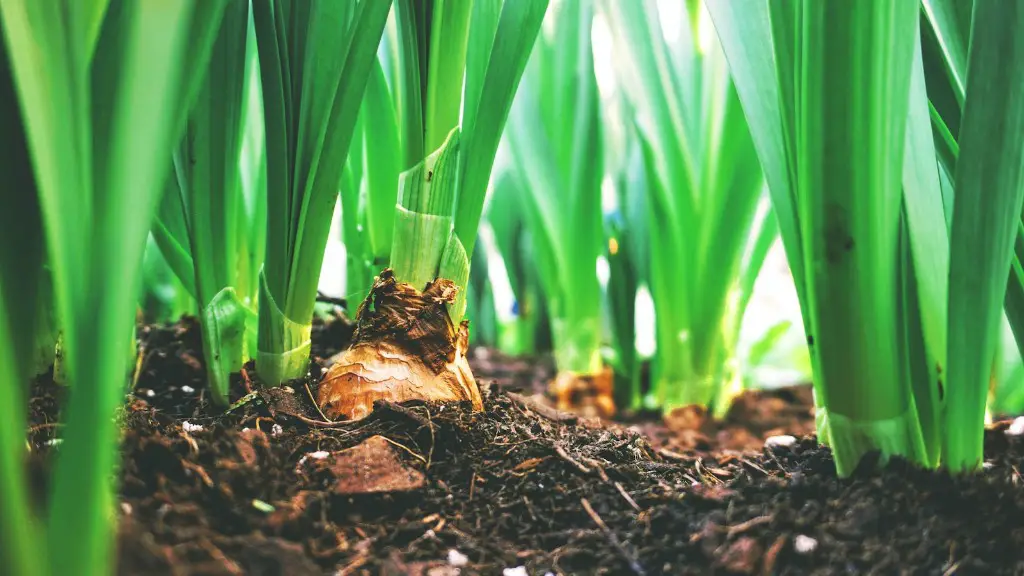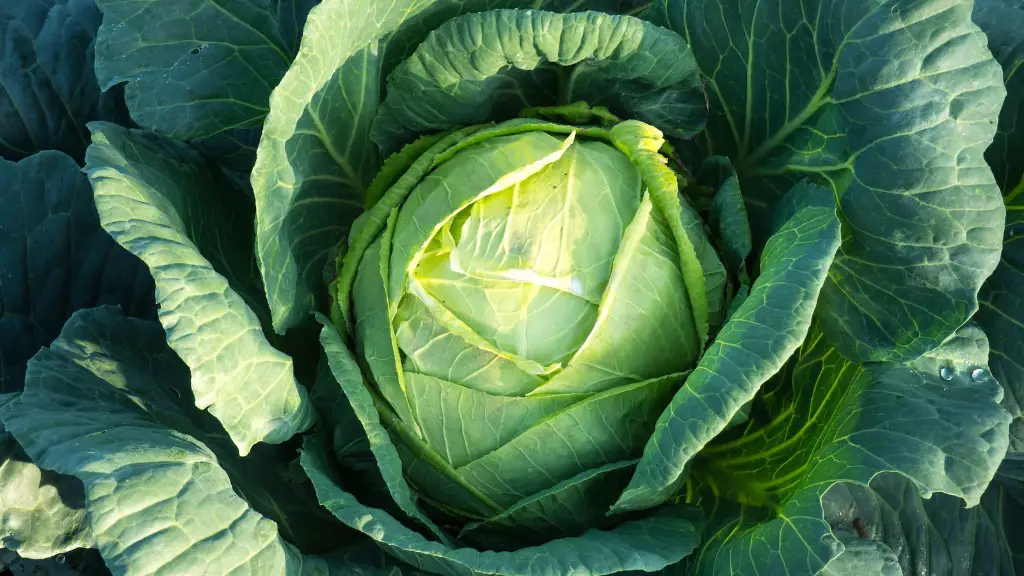China’s agriculture is a quickly growing sector of their economy. It spans a variety of strategies, ranging from agricultural production (such as the growing of crops, livestock raising, and aquaculture), to the processing, storage, distribution, and marketing of agricultural products. Agriculture is responsible for approximately 10 percent of China’s gross domestic product (GDP). China’s agricultural industry is incredibly innovative, often utilizing advanced technologies and farming techniques to maximize efficiency and yield. China has long been a global leader in agricultural production, with exceptionally high yields of rice, wheat, corn, and other crops.
China’s agricultural industry has experienced rapid growth in recent years, and the sector is currently enjoying phenomenal success. China’s agricultural output has climbed by an average of 7.2 percent annually over the past decade, far outpacing the global average of 3.2 percent. This growth has been driven by increased investments in agrichemicals and fertilizers, improved farming techniques, and most notably, the implementation of various regional policies and financial incentives to encourage farming.
Though China’s agricultural sector has been successful, it faces a number of serious challenges. For example, the Chinese government has placed strict environmental regulations on farming and agricultural production, in an effort to limit air and water pollution. In addition, China has decreased its agricultural land by 8.9 percent since the early 2000s, as more land is being devoted to industrial, urban, and highway development. Finally, the poverty levels of many rural Chinese citizens remain stubbornly high, despite agricultural output growth.
Though the challenges facing China’s agricultural industry are significant, the sector is still enjoying strong growth both domestically and globally. China’s agricultural industry continues to expand, and its output will undoubtedly continue to make a major contribution to the Chinese economy. Chinese agricultural producers are not only at the forefront of agricultural technology and innovation, but they are also adapting to new challenges and opportunities as they arise.
China’s agricultural sector is especially noteworthy for its role in China’s overall economic success. The sector employs millions of workers, and its products are exported around the world. In recent years, China has even become a major force in global food security, as its agricultural production has become vital in ensuring food security for both its own population and for populations around the world.
China’s Approach to Sustainable Agriculture
China has become increasingly focused on sustainable agricultural practices, such as regenerative farming, cropland rotation, and eco-farming. These practices aid in the prevention of soil degradation, improve biodiversity conservation and can help reduce climate change. Sustainable agricultural practices also promote increased economic sustainability by providing improved access to markets and reducing food security risks. China particularly recognizes the role of crop rotation in improving soil fertility and in reducing soil erosion, as well as its ability to alleviate regional water shortages.
The Chinese government is also investing heavily in green technologies, such as renewable energy and sustainable water management solutions, to support sustainable agricultural growth. The Chinese government has implemented several policies to promote sustainable agriculture, such as improved access to resources and infrastructure, subsidies for sustainable farming practices, and the implementation of manure management programs.
In addition, China is investing heavily in research and development to improve sustainable agricultural practices. Examples include the development of new soil treatments and precision farming techniques, as well as research into the application of biotechnology in sustainable farming. Such research has the potential to revolutionize agricultural production, leading to increased efficiency, better crop yields, and improved sustainability.
China’s long-term goal is to create an agricultural sector that is efficient, productive, and sustainable. Through improved farming techniques, technology, research, and policy initiatives, the country is well on its way to achieving this goal.
China’s Role in Global Agriculture
With its population of over 1.4 billion, China plays a major role in the global agricultural industry. In recent decades, China has increased its agricultural production to feed its growing population, and its contribution to global agriculture has grown accordingly. As a result, China is now a major importer of agricultural products, and a major contributor to global food security.
China is now the world’s largest importer of soybeans, and its total imports of agricultural products have grown to an estimated $150 billion annually. In addition, China has emerged as a major supplier of agricultural products to other countries, particularly in Asia and Africa. China’s exports of agricultural products are estimated to be around $100 billion per annum, and the country is quickly becoming a major supplier of food, fertilizers, and other agricultural products.
The success of China’s agricultural sector is vital to the country’s long-term economic growth and stability. As a result, the Chinese government is investing heavily in agricultural research, infrastructure, technology, and sustainable practices. Through these efforts, China is well-positioned to become an even greater force in global agricultural production in the years to come.
Chinese Government Support for Agriculture
The Chinese government has long been an important supporter of the agricultural sector. Apart from its investment in agricultural research, infrastructure, and technology, the government has also implemented a range of policies and incentives to encourage agricultural production. These include subsidies and tax incentives, better access to credit and lower interest rates, and increased access to infrastructure and resources.
The Chinese government also provides rural development funds to support the agricultural sector. These funds are used to construct roads and irrigation systems, support the production of agricultural products, and provide access to agricultural inputs and markets. In addition, the government provides agricultural extension services and technical training to farmers, as well as in-depth research into new farming practices and technologies.
Finally, the Chinese government has implemented an agricultural insurance program, which provides farmers with financial protection against losses due to natural disasters, pests, and diseases. This system helps ensure that farmers are not put in a difficult financial position due to an unexpected event, and provides them peace of mind when it comes to farming.
Impact of China’s Agriculture on Global Markets
Given its enormous agricultural industry and the scale of its exports, it is no surprise that China has a significant impact on global agricultural markets. China’s agricultural policies, such as its use of subsidies and tax incentives, have been influential in determining the prices of agricultural goods around the world. In addition, China’s cheap labor costs have made it a major supplier of agricultural exports, and this has further influenced global agricultural markets.
China is also an important player in global agricultural trade. In 2016, China was the world’s third-largest exporter of agricultural products and the seventh-largest importer. Additionally, the country is a major supplier of food commodities to other countries, particularly in Asia and Africa. As such, any changes in China’s agricultural policies can have a significant impact on global markets.
China’s agricultural industry has also played a major role in the country’s economic growth in recent years. As a result, the Chinese government is investing heavily in the sector, in an effort to ensure continued economic stability. This includes investments in agricultural research, infrastructure, and technology, as well as incentives and subsidies for farmers.
The success of China’s agriculture industry is vitally important to not only the country’s economic growth, but also the global agricultural economy. As the sector continues to expand, its impact on global markets will only become more influential. As such, China’s agricultural industry is surely one to watch in the future.




